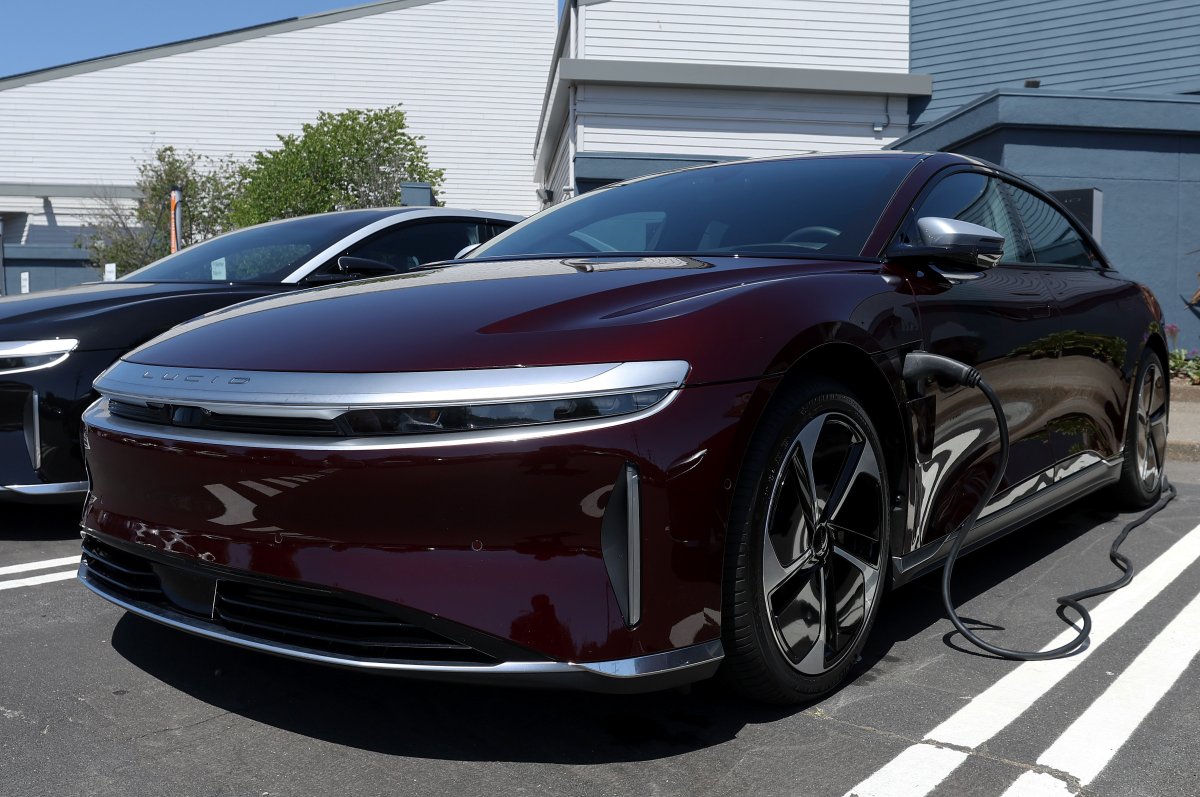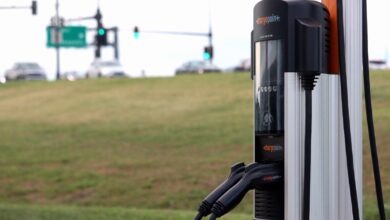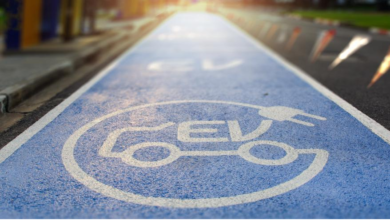State Runs Out of Money for Rebates

Oregon ran out of money for its remaining clean vehicle rebates, and now residents who qualify have been left out entirely based on their purchase date.
The Clean Vehicle Rebate program initially promised a cash incentive to make an electric vehicle purchase, but the state was fully unprepared for the level of interest the program would receive from energy-savvy residents. The program was temporarily suspended for a year in May of last year.
Oregonians were eligible for the rebates if they made a purchase on an eligible vehicle through June, but the cash was not available until the spring of next year due to a money shortage. That means everyone who made a purchase between May of last year and April 3, 2024, missed out on the money.
The rebate promised a $2,500 incentive for a new battery electric or plug-in hybrid vehicle or electric motorcycle purchase, while low- and medium-income Oregonians can get up to $7,500 for new vehicles and $5,000 for used ones that meet the same criteria.

Justin Sullivan/Getty Images
“The good news is we are seeing more people than ever accessing the program, especially for our Charge Ahead Rebate for low- and moderate-income households,” Rachel Sakata, head of the Department of Environmental Quality’s Transportation Strategies Section, told Hoodline.
In the first quarter of 2023, 16 percent of all new vehicle purchases made in Oregon were EVs. This represents a significant uptick in EV interest, which was previously deemed too expensive by many Americans. The Oregon rebate, as well as a federal one available, lower costs for the everyday American trying to live a more sustainable lifestyle.
“We’re seeing the perfect set of factors that would lead this program to hit a cash crunch sooner than expected,” Alex Beene, a financial literacy instructor at the University of Tennessee at Martin, told Newsweek. “With car prices at their highest levels in years, customers are looking for any relief they can find, and Oregon’s rebate at the state level combined with an additional federal refund for qualifying taxpayers means you could be getting thousands of dollars back when purchasing an electric vehicle.”
So far, the program has been funded through Oregon’s vehicle privilege tax of 0.5 percent, with a base funding of $12 million a year.
“The popularity of this program has greatly outpaced the $12 million annual funding, leading to the program being open for only 5 months in 2023 and just 2 months are projected for 2024. Future suspensions are anticipated with even shorter program availability. This results in fewer low-income households being able to afford cleaner transportation choices,” Oregon’s Department of Environmental Quality said previously.
Beene said the lack of funding should come as no surprise, and he expects other states with similar credits will run into the same troubles.
“If you’re a buyer looking for deals on new vehicles, they’re hard to come by, and state rebates added to already generous federal ones makes the move to electric cheaper than ever before,” Beene said. “It just may be better to make that purchase sooner rather than later if you’re concerned your state’s rebate program could run dry.”
Uncommon Knowledge
Newsweek is committed to challenging conventional wisdom and finding connections in the search for common ground.
Newsweek is committed to challenging conventional wisdom and finding connections in the search for common ground.



